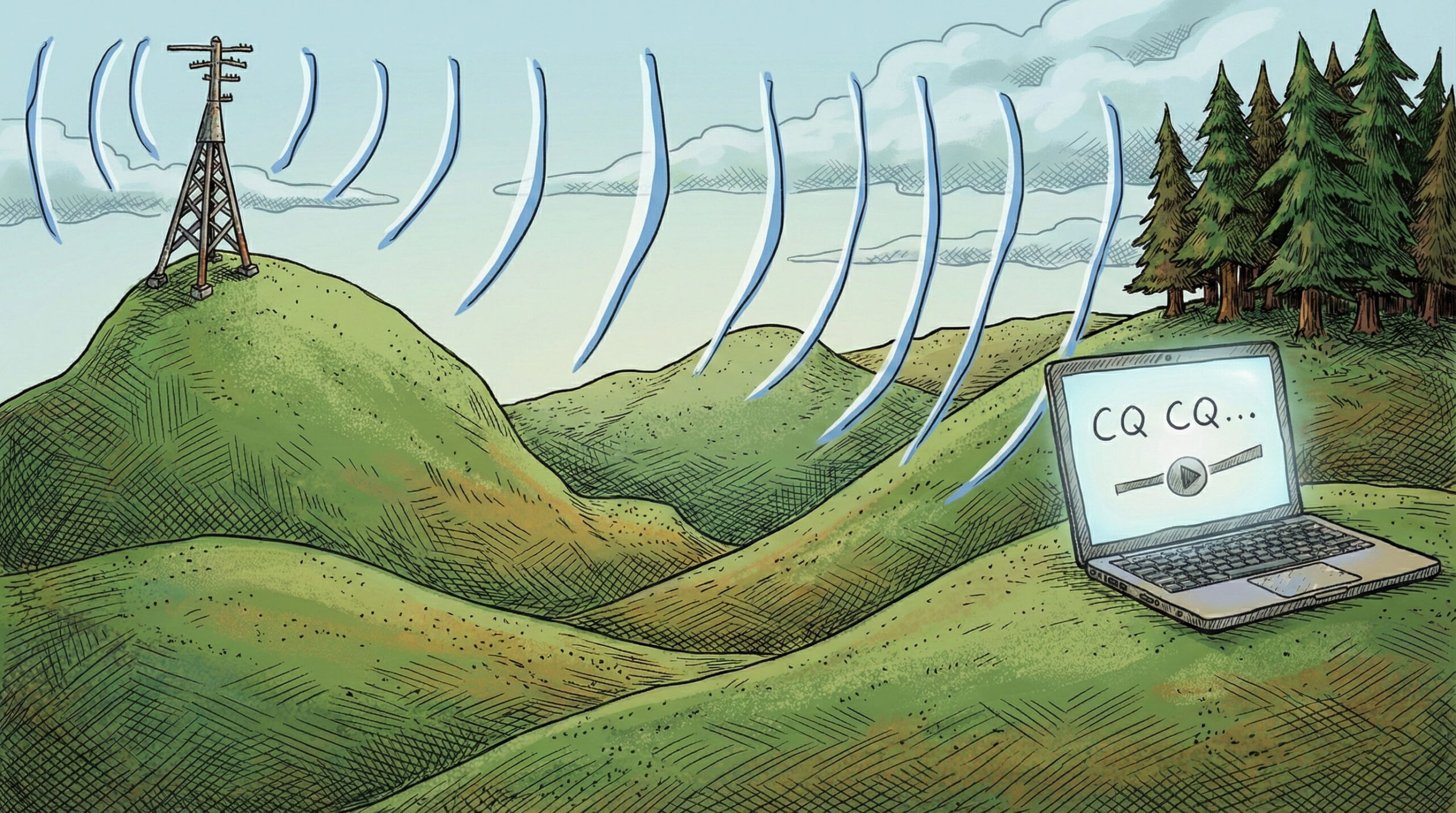When I was in my early 20’s, I setup my Korg Poly-Six synthesizer so that the
audio output fed into a Radio Shack (Realistic) Reverb Machine with the output
of that going back into the synthesizer input (a modification that someone had
added to the synthesizer before I bought it) for a complete feedback loop. I
got some very interesting sounds as the synthesizer processed its own signals
after a delay set by the knobs on the reverb machine.
I would spend hours experimenting getting the right sound. This was around the
same time that I was attending technical school where I studied computer
programming. I used to sit and think about how a computer could be “taught”
how to play music if there was just some way I could emulate the feedback loop
from my synthesizer using a computer. I felt that the key to artificial
intelligence was in that feedback loop. Fr each iteration of the loop, you
would introduce new information that would be processed and added to the
previous iterations. After all, this is how my new musical sounds were being
generated.
That was my amateur version of AI. Today, there are real scientists and
engineers working on machine learning using “feedback loops” of some sort. I
have no idea how it really works, nor do I have the patience and education
required to enter this field of study, but I can’t help but be interested in
how I would apply machine learning to music.
I realize that loops are the core currency in a computer system, but I was
thinking more abstractly.

